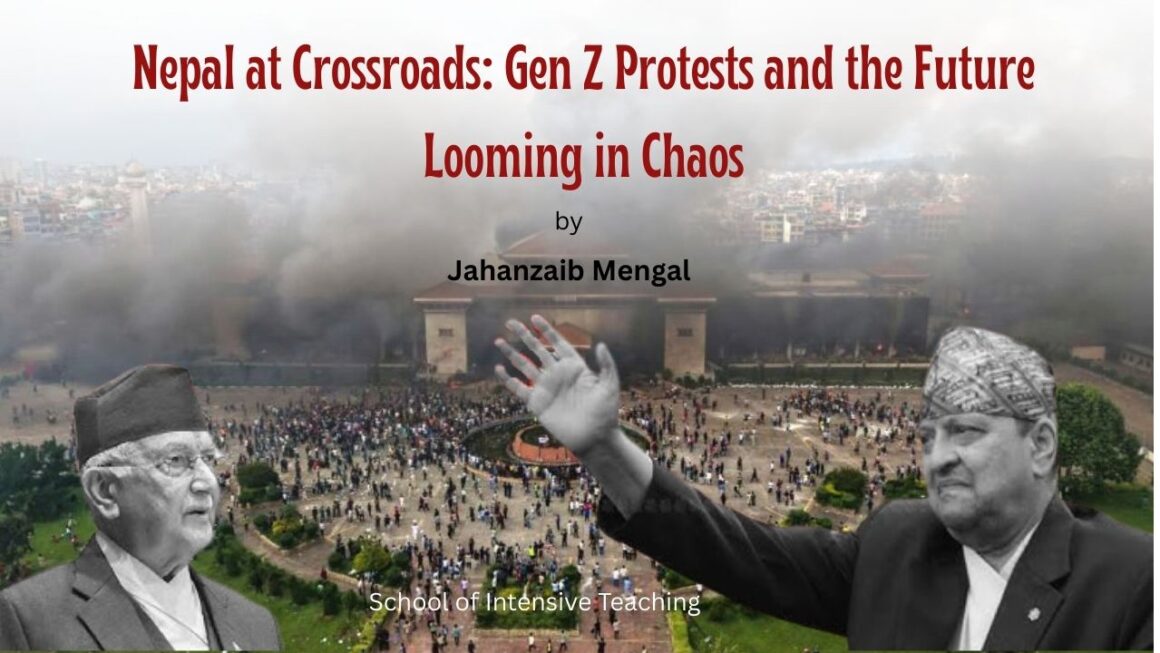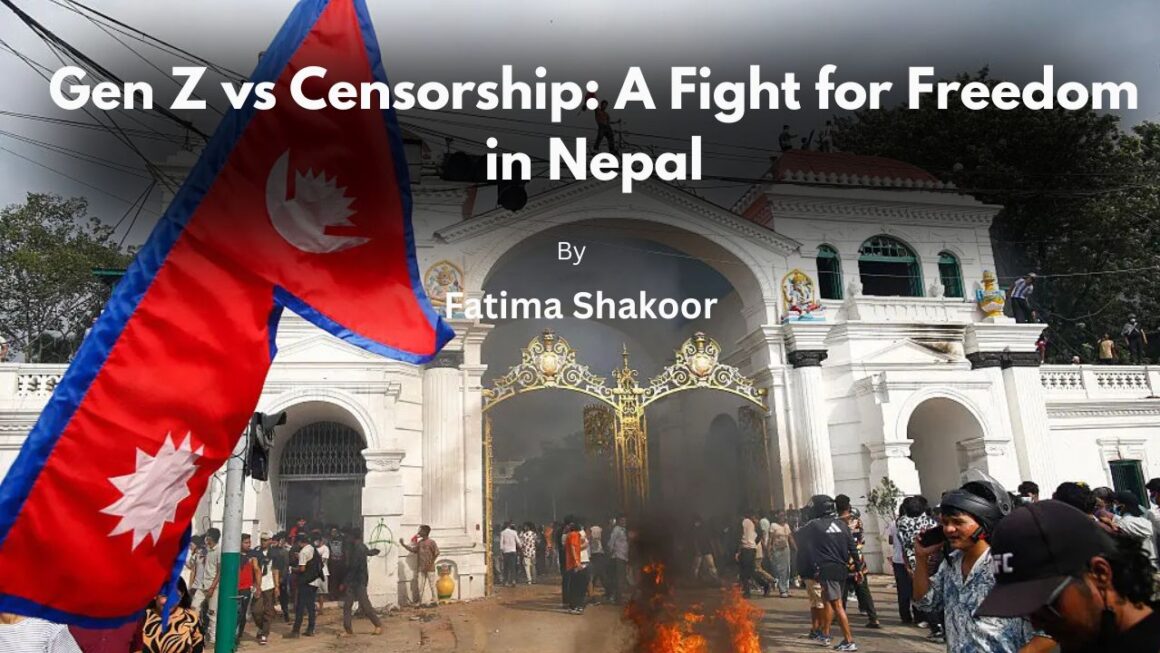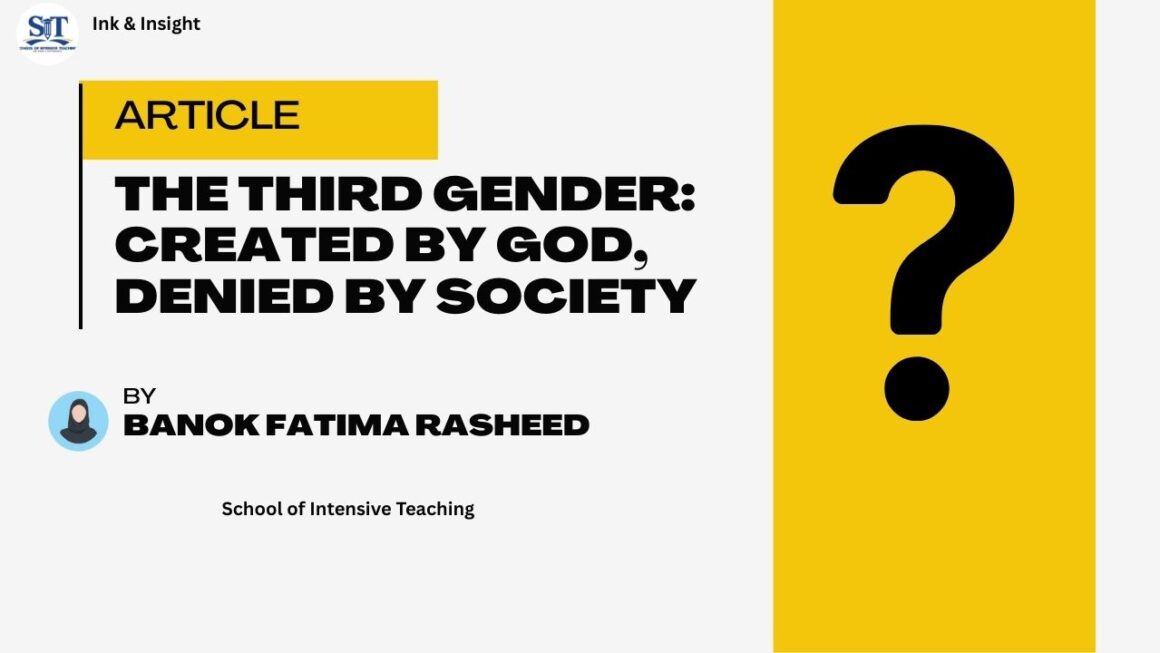By Asmatullah
The dimension of women’s right in the southeastern side of Baluchistan is depressing. Unlike its fertile agricultural land, this region has preposterous standards for gender equality which makes it barren for planting the seeds of gender parity. Given the multi-layered structure of society coupled with a prominent patriarchal mindset, the survival of the feminine gender becomes a challenge. The unquestionable authority of family, caste, and clan constructs a discriminatory structure for women. It is a disturbing feature of this region that male dominance begets gender inequality in a particular manner. This strange anatomy of society not only subjugates but also excludes this female gender systematically. Let me put this in perspective, the collective perception of this region regarding basic feminine psychological understanding is that women are frail. Carefully constructed notions of frailty have particular repercussions for the independent existence of women in this region. Male assertiveness does not make females apprehensive about their rights because of an undetermined social contract. It’s a prevailing structure of discrimination, so you have to follow it blindly without concerning the changing nature of societal norms at a supra-local societal level. Being a vulnerable section of society, their submissiveness gets legitimized and compromised. As far as this region is concerned, the notion of honour keeps the women under the sceptical eyes of their patriarch. Philosophically, the utility of everything determines its worth. The worthiness of women in this area lies in pre-enlightenment paradigms. Most controversially, they are seen as nothing but a commodity of pleasure. The value of their rights is very minimal in a broader spectrum.
Women enjoy no opportunities like qualities of education as desired, equal treatment as required, and individual identity as subscribers, but they cherish a singular point of honour and pride preserved at the expense of their precious lives.
The seminal text of French feminist and philosopher Simone de Beauvoir, depicts the pathetic condition of women’s rights. When seen through the lens of the green belt (the southeastern part) in Baluchistan, this work provides insightful understanding. The lived experience of women in this region is harsh. Their social upbringing teaches them to remain passive and dependent. The realities of the 21st century like identity politics and feminist movements are like hallucinations for them. Liberation from oppressive traditional values seems blasphemous to them. Like slow poisoning, society keeps on abducting their rights and makes them susceptible to patriarchal violence due to their inactive resistance. Women’s sufferings are unparalleled. High rates of honour killing in this region are pure manifestations of suppression and violence. It is hard to gauge the magnitude of atrocities.
Along with these physical horrors, power wielders suppress women by emotionally enfeebling them. To prove their superiority, male members treat women unfairly and unequally. They attach their Baloch code of conduct with male dominancy as an inevitable part at the expense of crucial gender parity and equal treatment. The subordinate role of women is a token of male ascendance and justification for their existence. Women’s emancipation means their inclusion as a member of this society, however, the societal construct and demographic realities are at odds with the notion of any liberation any time soon.
In her magnum opus, A Vindication of the Rights of Women, Mary Wollstonecraft argues in favour of two significant points for women’s emancipation: rational education and equitable treatment. We still have a long journey to attain these requirements.
In a volatile world, the intricacies become more challenging to solve. The area of women’s rights holds immense significance due to its humanistic nature. The emergence of feminist movements gave impetus to this case of gender parity, however, the struggle for recognition is ages-old. Plato’s idea of collective ownership of women debars women from the basic identity of womanhood. Similarly, his pupil, Aristotle, demarcated a line for citizenship in which women were kept at bay. Their exclusion from citizenship on the assumption of not possessing enough rationally to participate in state affairs was against their instincts. Time has changed but the discriminatory attitude is the same. Women are still struggling for proper identity. The case of the green belt is not so different as a single argument would be ample to understand the nature of this social contract. Women enjoy no opportunities like qualities of education as desired, equal treatment as required, and individual identity as subscribers, but they cherish a singular point of honour and pride preserved at the expense of their precious lives. Their relationship with society is one-dimensional and they are at the receiving end. In her magnum opus, A Vindication of the Rights of Women, Mary Wollstonecraft argues in favour of two significant points for women’s emancipation: rational education and equitable treatment. We still have a long journey to attain these requirements.
To make a clear understanding of women’s subjugation in this region, Plato’s allegory of the cave would be a better treat. For enlightenment, one must think more innovatively and innovation comes from diversification of experience. Similarly, those people who never leave their caves cannot nourish their ideas. By remaining in the cave, few cherish their stagnant ideas and deplore other narratives. Their cognitive understanding is very limited. Women of this region are satisfied with this inequitable treatment to some extent. Few might have liberated but the attachment of suppression with fate makes the case more complicated. The absence of radical voices for the promotion of systematic cases against honour killing encourages the proponents of honour killing. There is a need for serious introspection in distinguishing between the role of women as entities and as a respectable member of society. It is the issue of our conscience to discourage stereotypical notions. A new social contract regarding the safety, security, and equality of women in the lower highlands of Baluchistan is indispensable.
About the Author:

Asmatullah
Contributor at SIT Ink & InsightAsmatullah is a graduate of Political Science from Bahauddin Zakariya University (BZU), Multan. He hails from Jaffarabad, Balochistan. He focuses on international issues, social and political issues of the country, and issues related to gender equality. He keeps an interest in poetry and writing.













